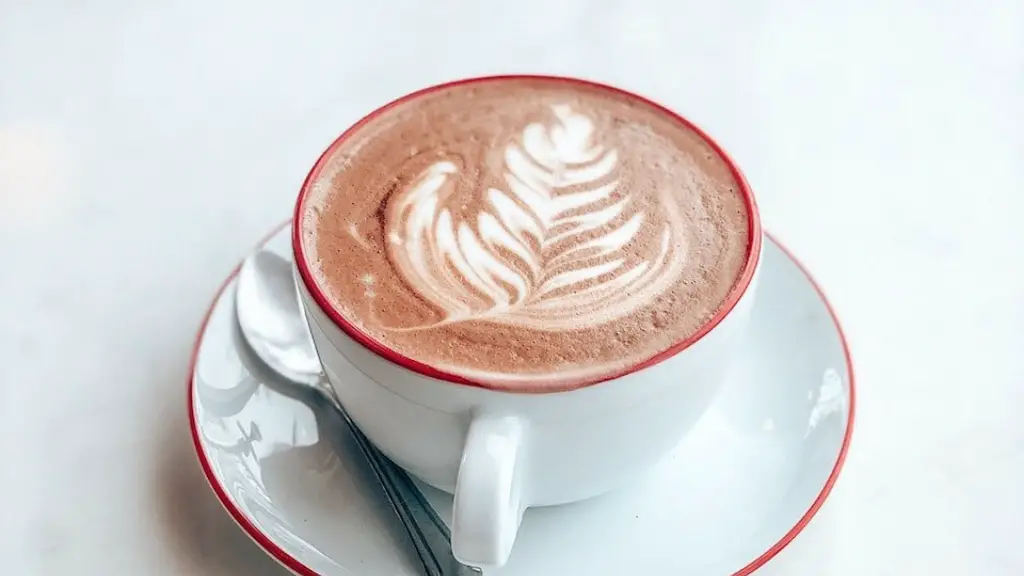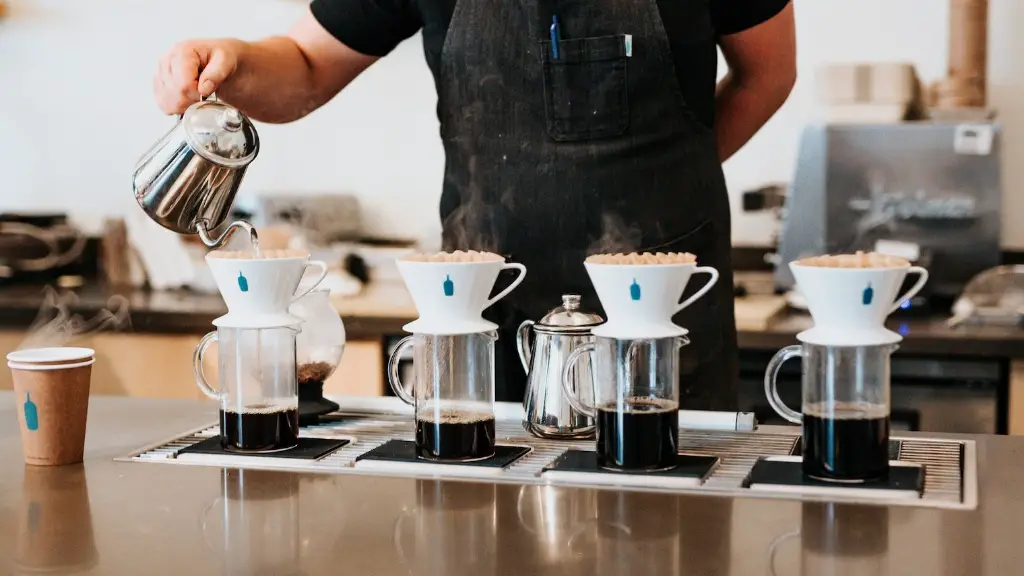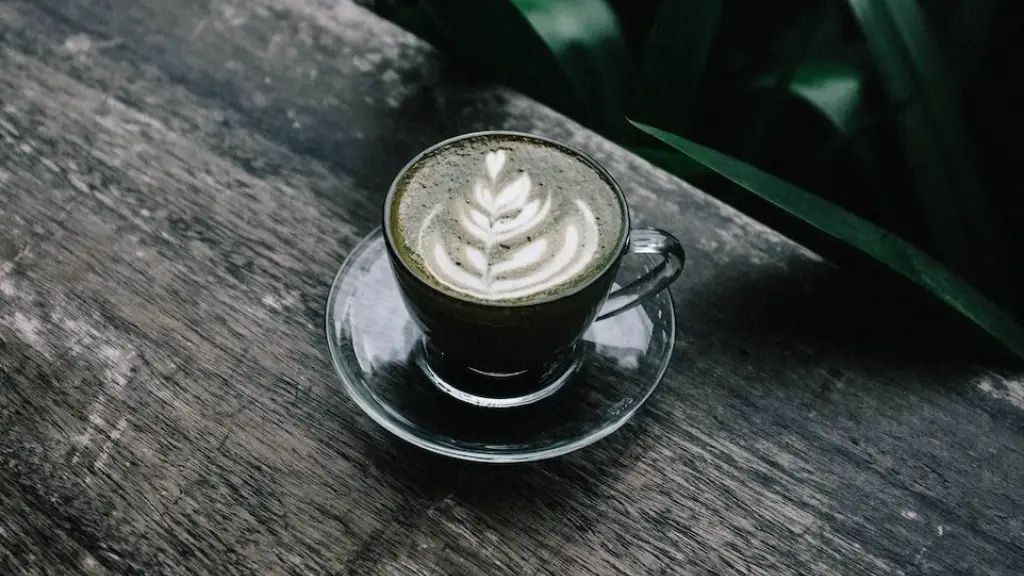Preventing Hangover with Coffee
Most of us love our coffee, yet there are times when it’s hard to decide whether a cup of the steaming hot beverage will help us or make our hangover worse. A lot of people swear that the only thing that will help a hangover is a large cup of coffee, or two.
Coffee has long been known to be a great source of energy and alertness. It contains caffeine, a stimulant that can provide relief from fatigue and headaches, commonly associated with a hangover. Caffeine acts as a diuretic, which can help flush toxins out of the body and reduce dehydration, a common cause of a hangover.
That being said, you may feel that having a cup of coffee while hungover to fend off the lethargy is the way to go. However, some experts think differently. They suggest abstaining from coffee after a night of drinking because of the fact that it could worsen the symptoms of a hangover. Coffee can increase heart rate, and accelerate the effects of alcohol, which could make the hangover more severe.
A Harvard Medical School study found that people who drank more than four cups of coffee a day were more likely to drink heavily and be more behaviorally dependent on alcohol. It is also extremely important to stay hydrated while drinking. Coffee can further dehydrate you, as well as cause jitteriness and nausea, making your hangover even worse.
Therefore, before delving into the seemingly soothing elixir, it is important to take a step back and think about all the potential consequences of the caffeine. Some experts believe that the greatest benefit of drinking coffee while hungover, is the flavor and warmth that it offers. Coffee can provide a sense of comfort and pleasure and help you return to a more alert state.
It is wise to remember that, although coffee can help to reduce fatigue and make you more alert, it is important to understand that it is not a substitute for sleep and rest. Moreover, drinking alcohol, in general, can increase the risks of long-term health problems such as liver damage and heart disease.
Hangover Cures
Although one of the most popular recommendations for hangover relief is limited to drinking multiple glasses of water and resting, there are a few more remedies that may provide some comfort. Eating a nutritious meal with plenty of protein and carbs can help to replenish lost energy as well as add important vitamins and minerals to the body. Additionally, a digestive enzyme supplement can help to break down the toxins left in the body after consuming alcohol.
Exercise has been known to help alleviate the symptoms of hangover, albeit it usually the last thing you’ll want to do. One study found that exercise reduced symptoms like nausea, fatigue, and headache significantly in most people. This is believed to be due to the fact that exercise improves circulation and releases endorphins.
Additionally, if you’re hungover and need a little bit of energy boost, you may also want to consider taking B-complex vitamins. These vitamins can help metabolize the food you eat and can provide energy for the brain and body. A nap can often help the body to rest and recover from the effects of a night of drinking.
Finally, for those that cannot stay away from their beloved coffee, it is still possible to drink a cup when hungover if done in moderation. It is advised to start slowly with a small cup, if it makes you feel better and then progress accordingly with time.
Time frame for Recovery
The amount of time it takes to recover from a hangover varies with each person, depending on the amount of alcohol consumed, genetic susceptibility, and the presence of any underlying medical conditions.
Typically, the more alcohol consumed, the longer the hangover usually lasts. In general, while the severity of hangover symptoms ranges from person to person, time frames typically range from 6 to 24 hours. Of course, the duration of the hangover is affected by the individual’s level of hydration, amount of sleep, and nutritional intake at the time of consumption.
Research has proven that skipping meals and having empty stomachs can worsen the effects of hangover and increase the severity of symptoms for a longer duration.
Overall, it is important to note that if hangover symptoms become worse over time, or if they last for more than two days, it is necessary to see a doctor. This will ensure proper treatment and diagnosis.
Alternatives to Coffee for Hangover Relief
If one prefers not to drink coffee while hungover, there are still many different beverages that may be more suitable and can provide relief from certain symptoms. Ginger ale, tea, sports drinks, or even just plain water can help to rehydrate the body and provide additional nutrients necessary for recovery.
Herbal teas, such as chamomile or peppermint, can be especially beneficial due to their calming effects on the body, which can help reduce the headache and nausea often experienced during a hangover. Coconut water is another popular choice, as it can restore electrolytes lost throughout a night of drinking.
Unsweetened juice, such as tomato or cranberry, is another great choice for a natural hangover-buster as it also helps to restore electrolyte balance, and is rich in antioxidants. Smoothies with hydrating fruits like bananas can also be an excellent way to get back on track and replenish lost nutrients.
For those looking for a more intense and stimulating experience, energy drinks may be an option. However, it is important to be mindful of the amount of sugar and caffeine these drinks contain as they can further exacerbate dehydration and worsen the symptoms of a hangover.
Determining Caffeine Intolerance
Caffeine is a substance that is typically metabolized easily by our bodies. However, some people may be more sensitive to its effects and experience adverse side effects like heart palpitations and anxiety, which can worsen the symptoms of hangover. If a person notices any such symptoms, it is important to scale back the amount of caffeine consumed to avoid further discomfort.
It is also important to note that caffeine can become addictive, and consuming too much can lead to headaches, jitters, and restlessness. Therefore, it’s important to recognize and regulate one’s caffeine intake, and to always opt for decaffeinated coffee when hungover.
It is also important to note that the effects of caffeine are different for individuals and depend on physical health as well as genetic predisposition. For example, those who are pregnant should always avoid caffeine, as it has been associated with certain health risks.
How Much Caffeine is too Much?
It is important to consider the amount of coffee consumed when hungover. According to the Mayo Clinic, an average healthy adult should not drink more than 400mg of coffee per day. One cup of brewed coffee typically contains about 95 mg of caffeine, meaning about 4 cups should generally be the maximum for a healthy individual.
However, people with underlying health issues may experience adverse reactions with even lower amounts of caffeine, so it is important for them to monitor their own intake in order to determine a safe intake amount. Additionally, those with high blood pressure or heart disorders should limit their caffeine intake as well.
Overall, it is clear that the effects of drinking coffee while hungover can vary significantly. The best advice is to listen to your own body and mind and to make sure to drink responsibly in the first place, in order to avoid hangovers altogether.





